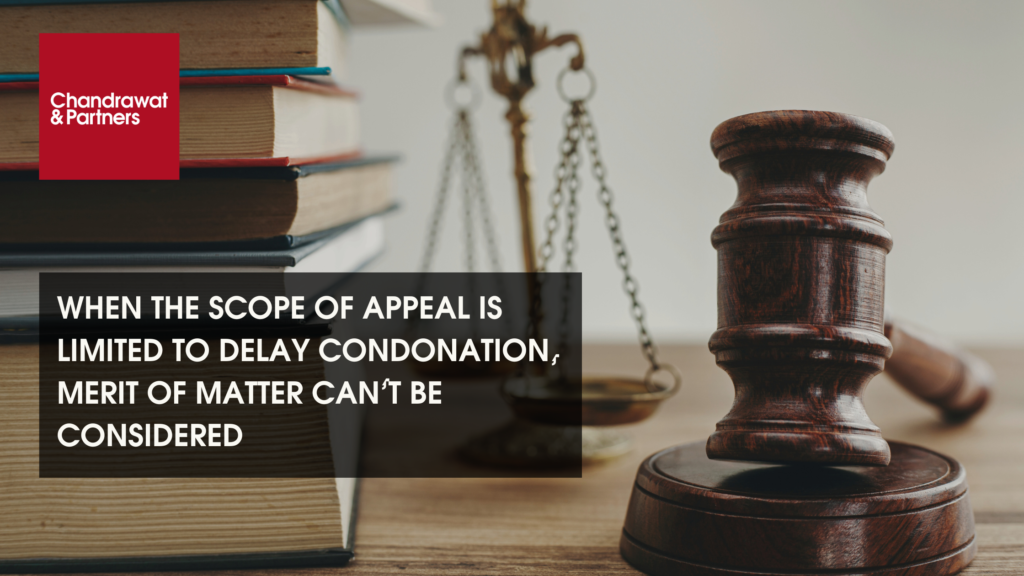Home > Recent Judgements > When The Scope Of Appeal Is Limited To Delay Condonation, Merit Of Matter Can’t Be Considered
Jan 27, 2025
INTRODUCTION
In the case between Surendra G. Shankar & Anr vs Esque Finamark Pvt. Ltd & Ors, the case originated from complaints filed before the High Court Real Estate Regulatory Authority (“RERA”), Mumbai, seeking possession of a flat. These complaints were dismissed, and the developer was discharged from the proceedings. The complainants challenged both orders before the Appellate Tribunal, Mumbai, but one appeal was delayed, prompting a condonation of delay application. The Tribunal dismissed the appeals, citing insufficient cause for condonation, as the orders were passed in the presence of the parties. The High Court, while observing that the delay could have been condoned, dismissed the appeals after commenting on the merits of the case, leading the appellants to approach the Supreme Court.
COMPREHENDING DELAY CONDONATION
Delay condonation is the judicial discretion to condone delay in preferring an appeal, subject to the appellant showing a valid reason for the delay. This provision is made to strike a balance between procedural discipline and the doctrine of substantial justice. The limitation periods are statutorily prescribed by enactments like the Limitation Act, 1963, to ensure timely adjudication and certainty in legal proceedings.
ISSUES
- Can the merits of the case be looked into by an appellate court where the scope of appeal is limited to delay condonation only?
- Does procedural law bar an evaluation of merits prior to ruling on condonation?
- What are the legal ramifications of denying a delay condonation application without evaluating the merits?
- How does the doctrine of judicial discipline affect the handling of delay condonation applications?
JUDGMENT
The court has insisted time and again that an appeal cannot be heard if it comes after the deadline period has lapsed unless there is an excusal of delay. The courts have reiterating made it clear that the scope of the appeal continues to remain within the realm of deciding the condonation of the delay application originally. The appeal is dismissed without merit consideration in case the delay is not excused. Avoiding unnecessary litigation, this concept ensures procedural discipline and prevents misuse of the judicial system. In addition, the onus of proving a just cause for the delay lies with the appellant; otherwise, the issue is not moved to the merits stage.
OBSERVATION
The Supreme Court underlined that while evaluating applications for delay condonation, judges should not make a preliminary determination. The main question should be whether there is a good reason to grant a condonation. The Court ruled that, in the absence of willful inactivity or egregious carelessness, a liberal approach should be taken when evaluating delay condonation. The Court made it clear that an appellant must demonstrate reasonable care in order to be granted a condonation, and that the appeal can only continue on its merits once the delay has been granted.
For more information or queries, please email us at
enquiries@chandrawatpartners.com





